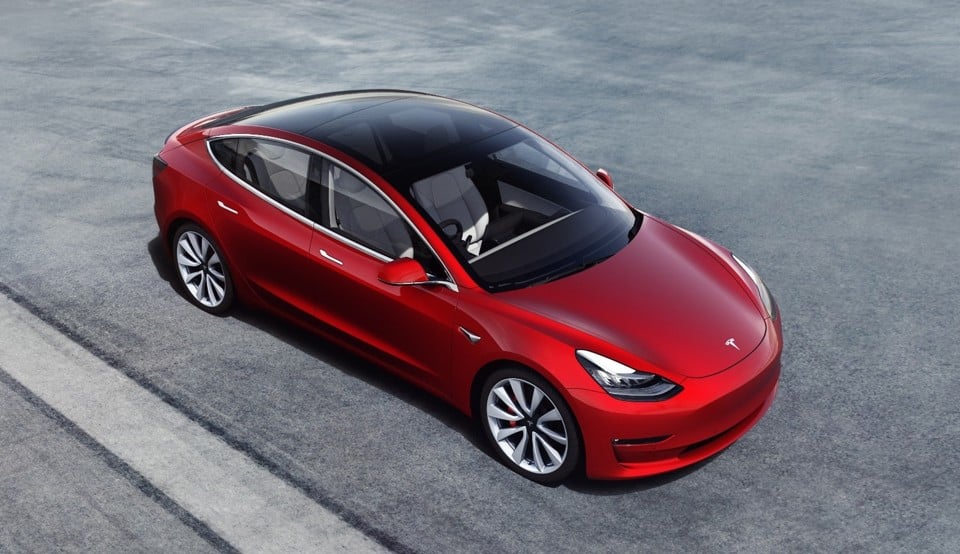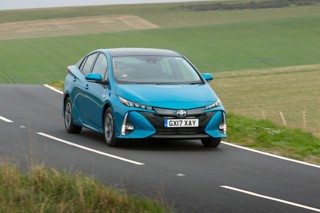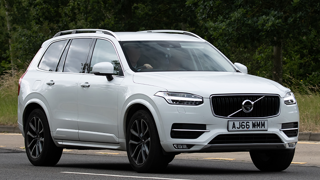Car manufacturers' focus on electrification strategies has become so important in 2020 that areas around digitalisation and mobility services are being scaled back, according to Frost and Sullivan.
The research and consultancy business held its “What's Driving the 2020 Global Automotive Industry?” webinar this week and featured presentations by Bank of America and financial advisors Rothschild and Co.
Sarwant Singh, Frost and Sullivan managing partner executive board member global practice leader, said: “We have seen OEMs scaling back their mobility plans to focus on investment into electric vehicle strategies.
“There will also be a push to transition even further to becoming tech companies, rather than just automotive manufacturers and this is something we’re going to see much more of in 2020.”
Singh was complimentary of Tesla for its success in increasing its volumes year-on-year by 50% to 367,849 units.
While Tesla has had individually profitable quarters, it is still not a profitable manufacturer, which puts the level of investment needed in EVs into perspective for other OEMs, he said.
But Tesla’s rising volumes now put it in reach of premium brands like Honda’s Acura and Jaguar Land Rover in terms of scale.
Heral Mehta, Rothschild and Co director, echoed these views by saying that electrification and infotainment are the big focusses for OEMs right now, while mobility and autonomous vehicle plans are either being scaled back or delayed.
More joint ventures to come
She said: “We’re not expecting any more massive mergers to happen like PSA Group, Vauxhall and FCA Group, but we do expect there to be a lot of joint ventures (JV) in 2020.
“OEMs are looking to minimise the overlap of investment where possible, whether this is on developing EVs, infotainment cockpit electronics, mobility services or autonomous technology.”
Martyn Briggs, vice president Bank of America Securities, said that while there has been much talk of the EV revolution, 2020 really is the start of a decade of transition away from internal combustion engines.
The investment bank is predicting that EV’s global share of car sales could overtake global oil demand for fuel as soon as 2027. From this point on the demand for global oil will only decline as EVs take a greater share of the global passenger car market and then eventually the commercial vehicle market.
Briggs said: “As more OEMs prepare to launch new EV products we are seeing supply coming back to cater for demand.
“Of approximately 90 new models going on sale this year around 34 are plug-in vehicles. The economics for these vehicles are getting better, particularly when you’re looking at the total cost of ownership.”
Singh added that he is expecting there to be a significant cut in the number of model variants, trims and overall combinations as OEMs look to simplify their model ranges to funnel investment into EV development.
Mobility roll-back
Mehta said BMW and Daimler’s Share Now exit from the London car sharing market late last year is because many OEMs are looking at their profitability and the level of investment needed to make it a success. This is particularly important at a time when EV investment costs are taking the main priority focus for many OEMs.
AM also reported, last month, on the Volkswagen Group's decision not to include the UK in the initial roll-out of its WeShare mobility solution.
She said: “The other reason the UK is struggling to see car sharing taking off to the same success as cities like Berlin or Helsinki is due to the government support the services are getting.
“Car sharing and MaaS development is not getting the same level of backing in the UK.”
Briggs said that the return on investment for mobility services is uncertain, which is why some OEMs are scaling back plans.
He said: “The question is, how big do you want to make that bet right now, particularly as you’re facing massive pressure to decarbonise. To be successful with mobility services is going to take billions in investment.
“We could see other companies in the tech space taking the lead on mobility platforms and services with OEMs being left behind as a result of holding back.”
Briggs said Bank of America is expecting almost all EV subsidies to be removed by the end of 2022 at the latest as volumes start to increase without the aid of incentives.
He said: “There will also be the inevitable balancing of tax revenues as a result of reliance on fossil fuels. There will likely be a move to a different taxation model that works on a pay per mile basis.”





















Login to comment
Comments
No comments have been made yet.